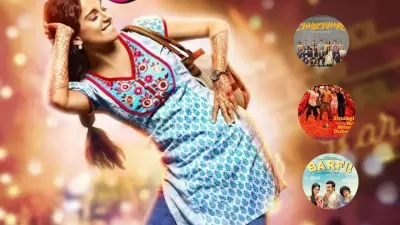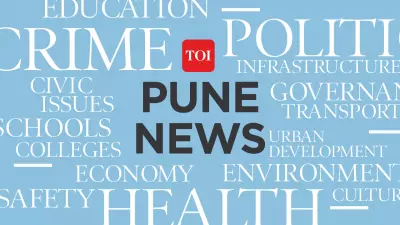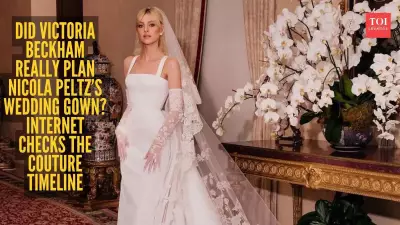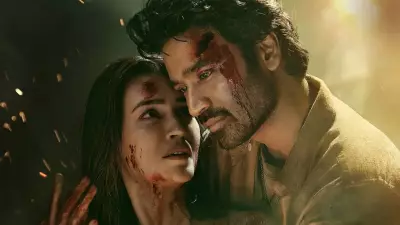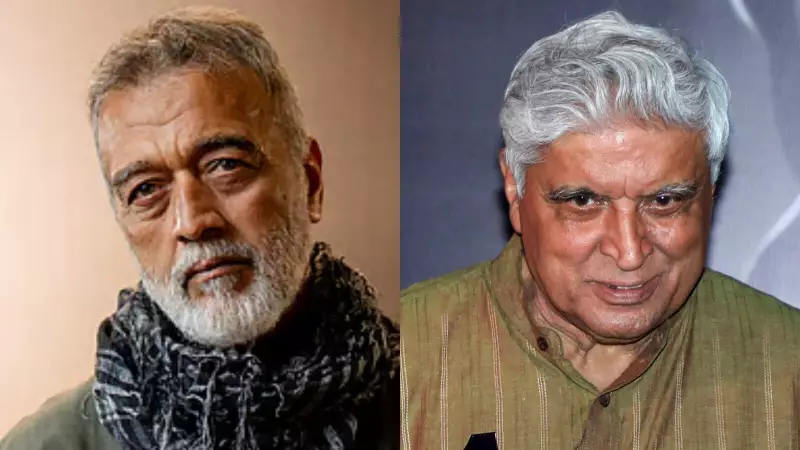
In a dramatic turn of events that has set Bollywood abuzz, veteran singer Lucky Ali has delivered a sharp response to legendary lyricist Javed Akhtar's recent controversial remarks about the Muslim community.
The Controversial Comment That Started It All
The firestorm began when Javed Akhtar, during a public appearance, made a statement suggesting that people should "not become like Muslims" in certain contexts. The remark immediately sparked outrage across social media platforms and within the entertainment industry.
Lucky Ali's Pointed Response
Taking to social media, Lucky Ali didn't hold back his reaction to Akhtar's comments. The renowned singer, known for his soulful voice and principled stands, expressed his disappointment in no uncertain terms.
"When will this end?" Ali questioned, highlighting the ongoing struggle against stereotypes and prejudiced statements that continue to plague public discourse.
Social Media Erupts
The exchange has triggered massive reactions online, with fans and critics alike weighing in on the controversy. Supporters of Lucky Ali have praised his courage in speaking out, while others have come to Akhtar's defense.
- Many users expressed appreciation for Ali's direct approach
- Some questioned the context of Akhtar's original statement
- Discussions about representation in Bollywood have reignited
- Calls for more sensitivity in public statements have emerged
Broader Implications for Bollywood
This incident highlights the ongoing tensions within India's entertainment industry regarding religious representation and cultural sensitivity. As two respected figures in Indian cinema clash over these issues, it raises important questions about:
- The responsibility of public figures in their statements
- The need for greater cultural awareness in entertainment
- The ongoing debate about representation of minority communities
- The role of artists in social discourse
The controversy comes at a time when Bollywood is already facing scrutiny over its treatment of religious and cultural themes, making this exchange particularly significant for the industry's future direction.
As the debate continues to unfold, all eyes remain on how both artists will navigate this sensitive situation and what impact it might have on the broader conversation about inclusion and representation in Indian entertainment.


